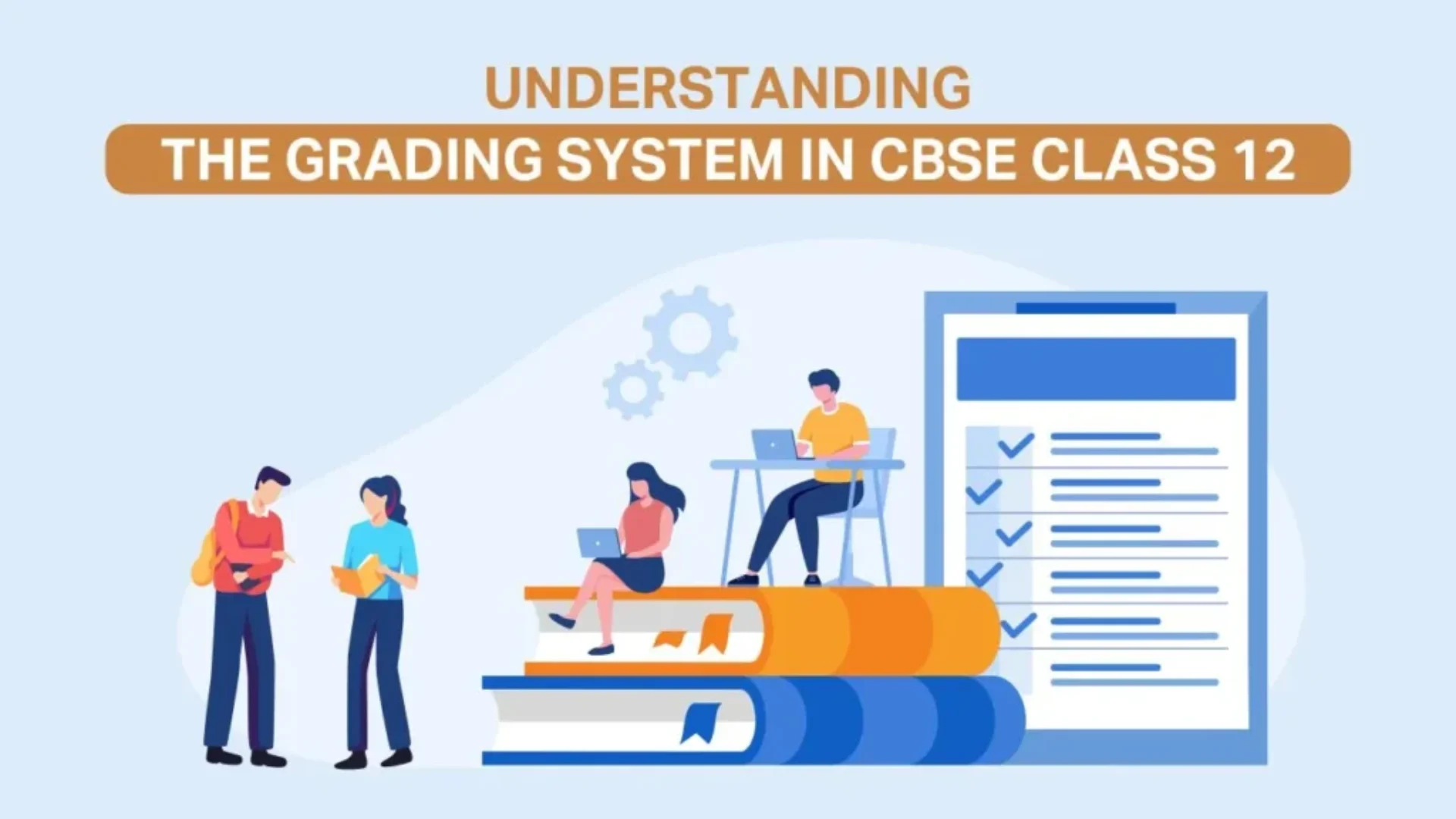Understanding The Grading System In CBSE Class 12
The Central Board of Secondary Education (CBSE), a predominant educational board in India, has implemented a unique grading system for Class 12, a critical juncture in a student’s academic journey. This blog delves into the grading system in CBSE class 12, its implications, and how students can adapt to maximize their success.
Understanding The Grading System In CBSE Class 12
CBSE’s grading system for Class 12 is designed to evaluate students more holistically, moving away from the traditional marks-based assessment. Grades are awarded on a 9-point scale ranging from A1 (top grade) to E (needs improvement). Each grade corresponds to a specific range of marks. For example, A1 is awarded for marks between 91 to 100, A2 for 81 to 90, and so on. This system aims to reduce undue pressure on students, focusing instead on their overall understanding and skills.
Advantages of the Grading System
The shift from a purely numerical scoring system to a more nuanced grading system offers several benefits:
- Stress Reduction: It alleviates the pressure on students to chase high marks, promoting a healthier learning environment.
- Balanced Evaluation: The system recognizes the varied capabilities of students beyond just academics, such as extracurricular activities and sports.
- Consistency and Fairness: It provides a more consistent and fair means of assessment, as it accounts for variations in question paper difficulty.
Challenges of the Grading System In CBSE Class 12
- Lack of Differentiation: High achievers may feel their efforts are not uniquely recognized as the top grade has a wide range.
- Overemphasis on Grades: Students might become complacent, aiming only for a minimum grade rather than truly understanding the subject matter.
Impact on Higher Education and Career Paths
The grades obtained in Class 12 significantly influence a student’s future academic and career choices. Many universities and colleges have adapted their admission criteria to align with this grading system, often converting grades back into a percentage format for cutoffs. Students need to understand how their grades translate into these criteria.
Preparation Strategies Under the Grading System:
- Conceptual Understanding: Focus on a deeper understanding of subjects rather than just memorizing information.
- Regular Assessment: Take regular mock tests to assess your understanding and prepare effectively.
- Time Management: Develop a balanced study schedule that allocates time efficiently across subjects.
Conclusion
The grading system in CBSE Class 12 marks a significant shift towards a more balanced and less stressful educational framework. It encourages students to focus on learning and understanding rather than just scoring marks. Adapting to this system requires a shift in mindset from both students and educators, emphasizing the importance of holistic learning.





